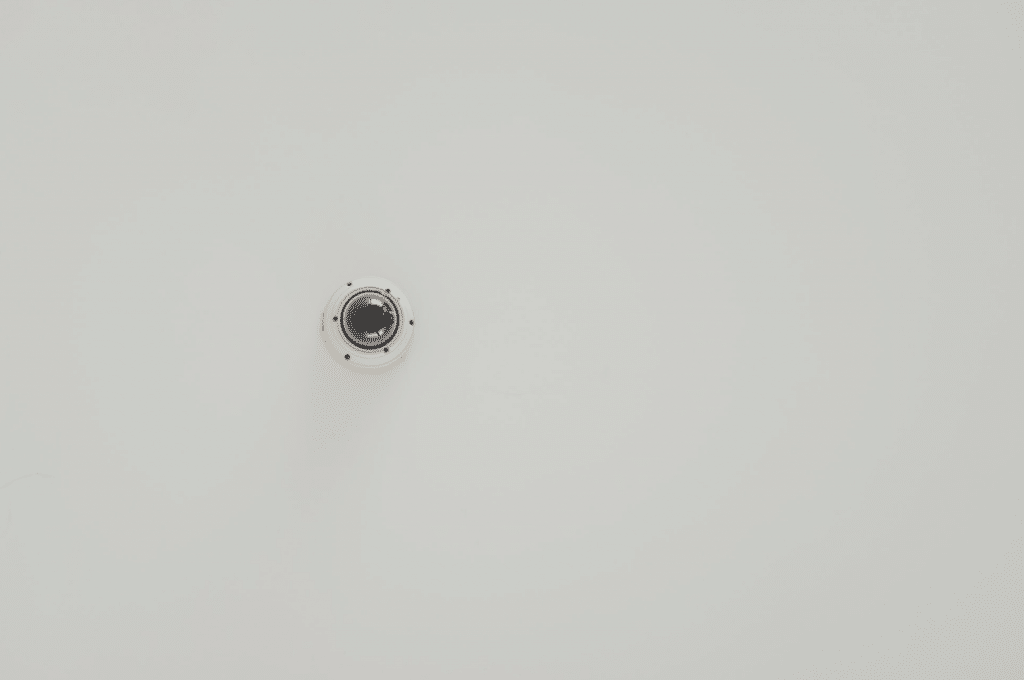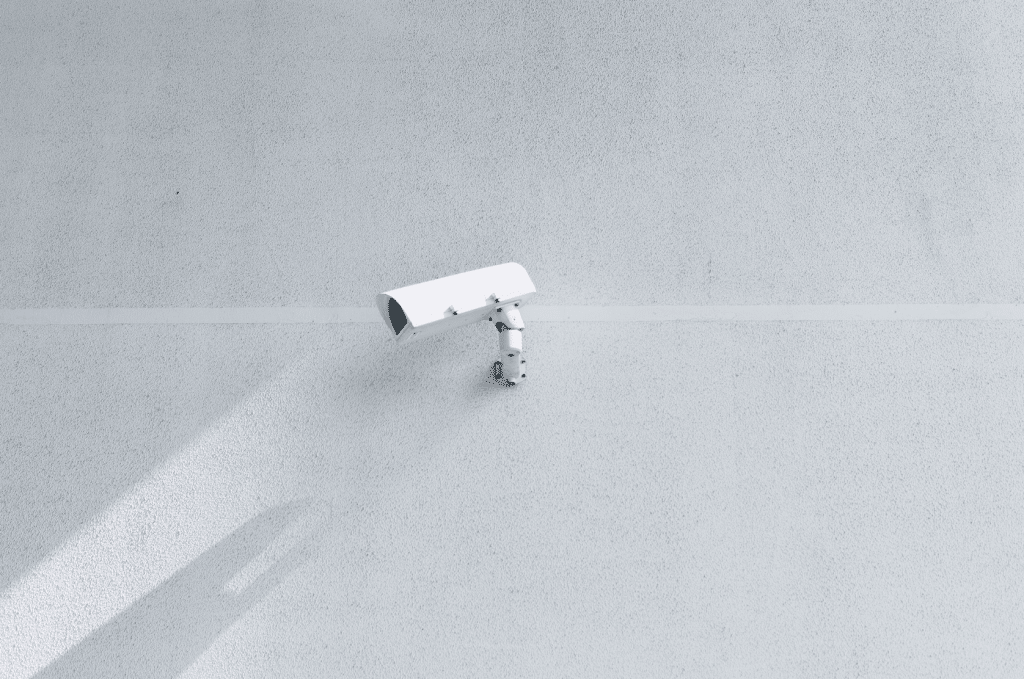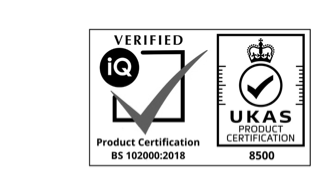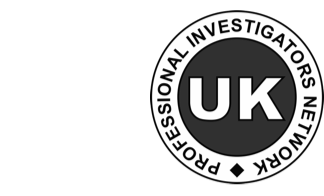Your relationship with your staff should be built on trust, but sometimes there is reason to consider surveillance. With cases of insider trading, employee theft and fraud costing companies money each year, business heads need to know what the law says about monitoring staff.
In an attempt to detect and safeguard against compromising activity, monitoring employee behaviour is sometimes deployed without consideration for the right to privacy. In these cases, any grounds for dismissal could be voided, and evidence gathered may not be suitable for an employment tribunal or court case. When staff are suspected of conspiring to hinder business in any way, it is imperative that business owners know the law before acting.
As private investigators, we conduct multiple corporate investigations each year. We help business owners discover which of their employees is causing problems in their company. In this article, we discuss the limits to which employers can monitor staff, and how to ensure your employee surveillance will be productive.
Why Monitor Staff?
Most businesses employ some form of monitoring to ensure that day to day jobs are being completed. For some, this is an administrative task, in which employees self-evidence their activity. Others might keep records of workplace emails and instant messaging, in case they are needed in workplace disputes. Keeping records of online communications also provides reassurance that team members are not opening or transmitting phishing links, which could allow hackers access to your systems. On business devices such as phones and computers, most employers record internet browser history to ensure appropriate usage. Surveillance can act as a deterrent to bad behaviour, rather than a way of catching undesirable behaviour.
In more serious cases, employers may wish to monitor staff using CCTV surveillance. This can help deter and catch employees who are stealing, damaging company property or falsifying records.
Some employers may require targeted surveillance, monitoring specific employees. In these rare cases, an employee’s behaviour must be considered suspicious, such as working at the office at strange hours, taking short and unexplained holidays, or unnecessarily copying classified material. These behaviours are some of the red flags that show you need to protect your business from corporate espionage.
If you suspect employees of stealing, fraud or spying, surveillance may be useful to you.
Is Monitoring Staff Legal?
Depending on the industry, surveillance is often seen as an invasion of staff privacy. However, it is legal for businesses to monitor anything that happens on their property, including company-owned mobile devices, emails and vehicles.
The UK Government data protection law covers all monitoring from data and image capture to drugs testing. Employers usually provide a staff handbook which stipulates the terms for legal monitoring, and employers can check the terms of their contract for further clarification. Employers must clearly state whether or not their staff will be monitored. They must also confirm with employees when and where this will occur, and establish whether or not personal calls and emails are permissible in the workplace and if so, a reasonable threshold amount.
Additional forms of monitoring may include checking employee internet history, installing CCTV in the work premises, and spot checking employee bags and personal effects before starting and leaving work. If an employer is found to be monitoring staff without gaining prior informed consent, staff are within their rights to either resign or claim unfair dismissal if they are fired as a result of illegal surveillance.
When is Monitoring Staff Illegal?
Surveying staff activity across their personal devices, even if they are used for work, is of course off-limits. The Privacy and Electronic Communications (EC Directive) Regulations 2003 recognises that widespread public access to digital mobile networks and the internet opens up new possibilities for businesses and users, but also new risks to their privacy. It acknowledges that it is illegal to access unauthorised information, such as work activity conducted on employees’ own devices.
Of course, every instance of monitoring staff is unique, and there are clear boundaries which employers cannot cross, for example, it is illegal to monitor staff in the toilet. The Data Protection Act ensures people do not suffer such violations of privacy, and condemns all employers who breach this law. These clear laws and boundaries combined with an employee’s contract of employment and staff handbook all affect the legal course of action an employer can pursue when investigating an employee. For minor offences, some employers may be able to investigate a member of staff without their knowledge. Others however may need to be direct in their approach to reviewing suspicious staff behaviour.
Despite these differences, it is legal for all employers to monitor employees on company-owned devices. Best practice however is for employers to provide a written policy which outlines their monitoring processes and purpose.
Employers have a legal responsibility to make their employees aware that monitoring of work devices is a real, legal possibility. In many traditional circumstances, secret surveillance is illegal, and workplace transparency is vital for a cohesive team.
How to Use Surveillance to Protect Your Business
Businesses which choose to implement CCTV (closed-circuit television) surveillance into their staff monitoring processes are required to register their details with the Information Commissioner’s Office (ICO) and pay a data protection fee.
Due to the invasive nature of CCTV, the Information Commissioners Office (ICO) provides a code of practice which outlines best practice guidelines for those who use CCTV systems to remain compliant within the Data Protection Act (DPA).
CCTV is of the most popular forms of surveillance and there are certain measures to which users of CCTV must adhere to ensure they are acting legally and respectfully towards staff and the general public. Most uses of CCTV by organisations or businesses will be covered by the DPA.
4 Things to Consider Before Setting Up Surveillance:
Before you start using CCTV to keep an eye on your employees, there are a few things to consider.
Fit for purpose
Under user guidelines, organisations which use CCTV must ensure that they clearly display signs to inform people they may be recorded. They must control viewings of recordings to a select few authorised personnel, and make sure that the footage is only used for the purposes initially intended. This means that if you install CCTV to prevent crime, you cannot then use the same system to monitor staff work levels.
Data encryption
The nature of CCTV is recording personal data. Whatever is recorded therefore needs to be protected. Many systems rely on wireless communication systems which enable the transmission of images between cameras and receivers. To prevent these being intercepted, encryption of these signals is vital. CCTV systems which can also transmit images over the internet may benefit from an added layer of data security, such as authentication for access with a username and password.
Physical security
Storage of data is one measure to cover, storage of the physical device is another, and just as important. A locked and designated room needs to be chosen for the CCTV device to be securely stored in. Data encryption can protect thieves from accessing the stolen data, however, this level of digital security should not overshadow the importance of the physical protection that a device of this nature requires.
Data control
Your CCTV device and data should be controlled by one central person in the company. This should be your ‘data controller’. They should be responsible for the access to data, and be able to provide appropriate formats of this data should it need to be disclosed. An additional security control which the ICO recommends is the capacity to export data securely to third parties. Your data controller should be knowledgeable of the different formats for subject access requests, and how to handle them. They should be able to professionally recommend which formats work best for encryption, and advise the most suitable methods where possible. It is also the responsibility of the data controller to manage the security of the footage once this has been delivered, including where and how the recipient must store this data and its long-term accessibility.
How to Start Monitoring Staff
To promote best practice, the ICO has produced a Code of Practice, available to all those who utilise CCTV. This aims to explain the legal requirements operators of surveillance cameras are required to meet, under the DPA.
Investing in the reliable service of a Private Detective to monitor staff activity can prove very insightful. When combined with installing a CCTV system, it can be most beneficial to those businesses which wish to monitor their employees legally and safely. This protects both the security of staff and the organisation.
Employers must remember to be vigilant in informing their staff about any monitoring and surveillance processes which the company puts in place, or already operates. This should be provided, whether it be verbally, as a written notice, in a staff handbook, or even in all staff contracts of employment.
Birmingham-based Private Investigators, Reveal PI, offer Employee Investigation services. We gather the truth about employee-related issues such as Accident at Work claims, Theft, Long Term Sickness, Moonlighting and breaches of non-compete clauses.
Reveal PI advises that you should consider monitoring your staff if you notice any suspicious behaviour. By following ICO and Government guidelines, you can easily and legally monitor and survey your staff.
Surveillance and monitoring should only ever be conducted by those who know the law.
As professionals, Reveal PI investigators understand and adhere to the importance of covert and standardised procedures. To protect yourself, your business and your employees, hiring a private investigator to conduct any staff investigations is always advisable.
Ever considered hiring a private investigator for an employee investigation? Call Reveal PI Today at 0330 808 9344 or visit 11 St Paul’s Square, Birmingham, West Midlands B3 1RB.

 Surveillance
Surveillance Matrimonial Investigations
Matrimonial Investigations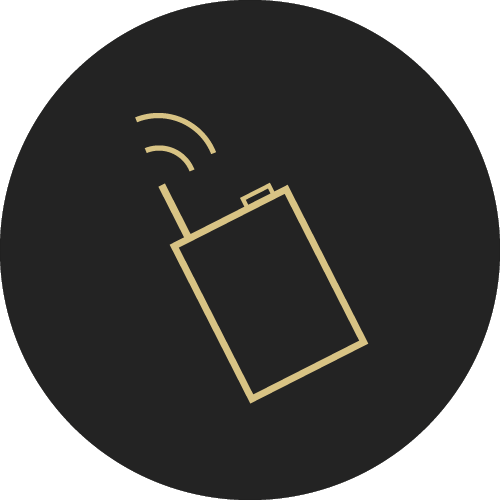 Bug Sweeping
Bug Sweeping GPS Vehicle Tracking
GPS Vehicle Tracking Lie Detector Test
Lie Detector Test Person Tracing
Person Tracing Employee Investigations
Employee Investigations Asset Tracing
Asset Tracing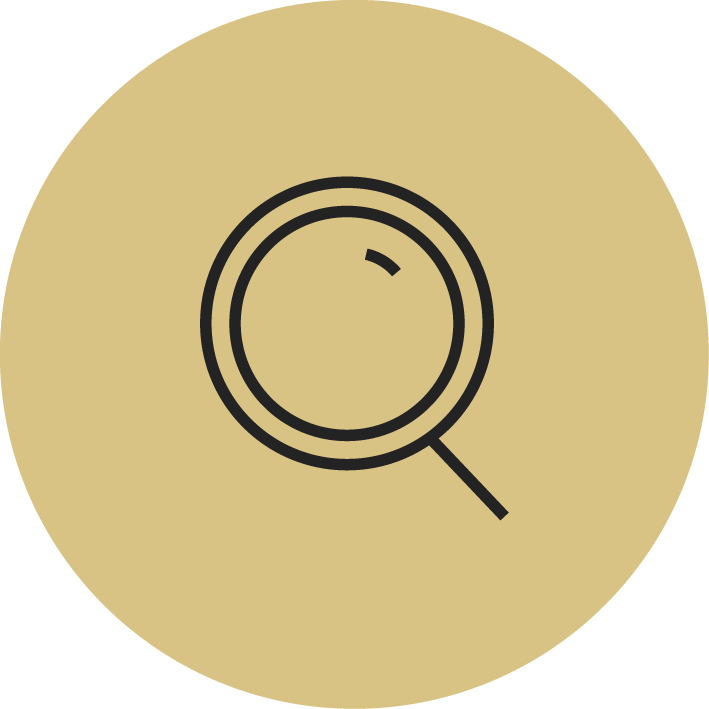 Fraud Investigations
Fraud Investigations Injury & Insurance Investigations
Injury & Insurance Investigations

